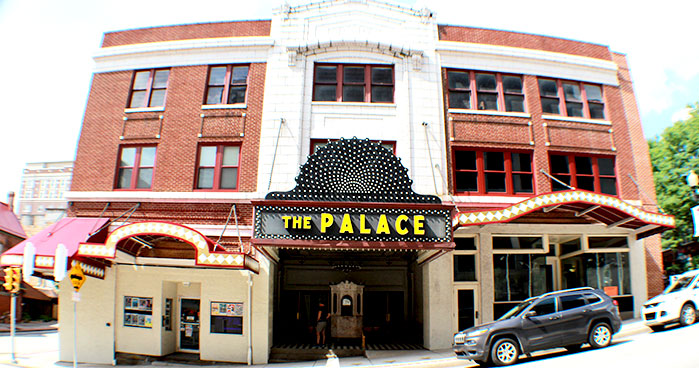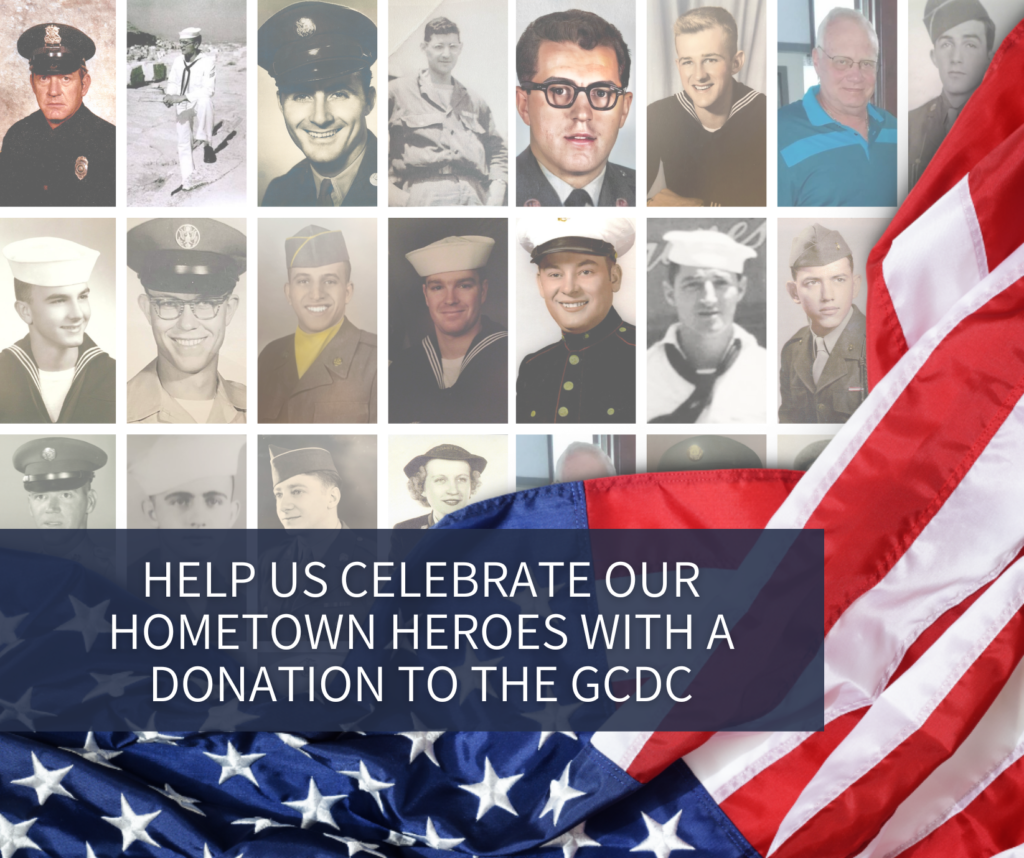Greensburg History

Founded in 1799, Greensburg remains the cultural, government, and legal center of Westmoreland County. The neighborhoods of the City are diverse with each possessing a distinct charm. Families and older individuals represent the core population with a growing number of younger individuals and college students choosing to live in the downtown area. The restored County Courthouse, Palace Theatre, and the Train Station showcase the architectural style of the late 1800’s and the high level of civic pride in our history. The numerous billiard halls and membership clubs of the early 1900’s have been replaced with coffee shops, specialty retail stores, and tattoo shops. New apartments with modern style and features complement the historical houses of the Academy Hill neighborhood.
The City has maintained its desirability as a place to live. Residents have pride in their neighborhood featuring tree lined streets, sidewalks, neighborhood businesses, public green space, and community parks. Two major universities bookend the City providing residents with an opportunity to earn a degree or take classes for enjoyment and experience lectures and performances. Seton Hill University and the University of Pittsburgh at Greensburg are not only education centers but significant contributors to the local economy. The City also houses well-known companies such as Excela Westmoreland Hospitaland the Tribune Review.
City residents enjoy year-round entertainment with a close proximity to many key entertainment, cultural, and recreational amenities. The Five Star walking/biking trail, Mt. Odin Golf Course, and Lynch Field & Kirk Nevin Arena provide residents with outdoor recreation opportunities. The summer performances at the Robertshaw Amphitheater in St. Clair Park balance the fall and winter events schedule of the Palace Theater, the Westmoreland Museum of American Art, and the Seton Hill University Performing Arts Center. The Cultural District is strengthened by several arts related entrepreneurs including Stage Right, the Westland Academy of Arts, 28 West Second Street Gallery, and DV8 Espresso Bar & Gallery.
Equally important factors making Greensburg a unique place to live are the retail stores of the downtown shopping district and the churches of all faiths. The numerous restaurants and bars located throughout the city make it a fun, unique place to live and are a key part of the popularity of Greensburg. In many ways, Greensburg reflects our society and the region while possessing an appreciation of our history.
The Greensburg Community Development Corporation (GCDC) supports the efforts of residents, business owners, and developers who want to ensure that this unique community remains a great place to live, work, and visit. Want to know why you should Think Greensburg? Take a look at the rest of our site or contact us:

